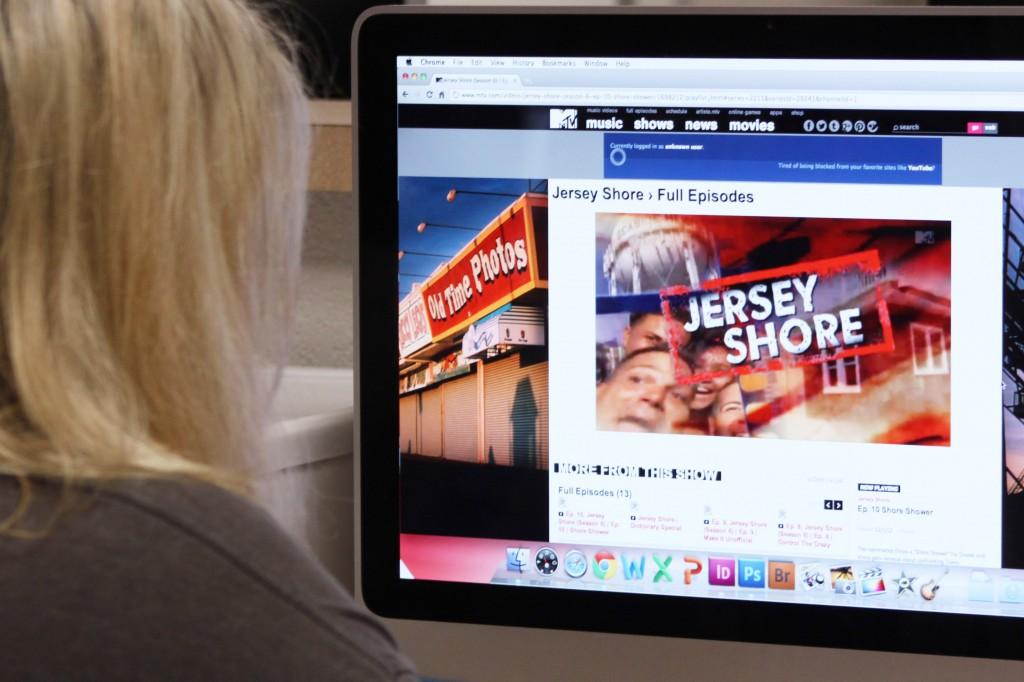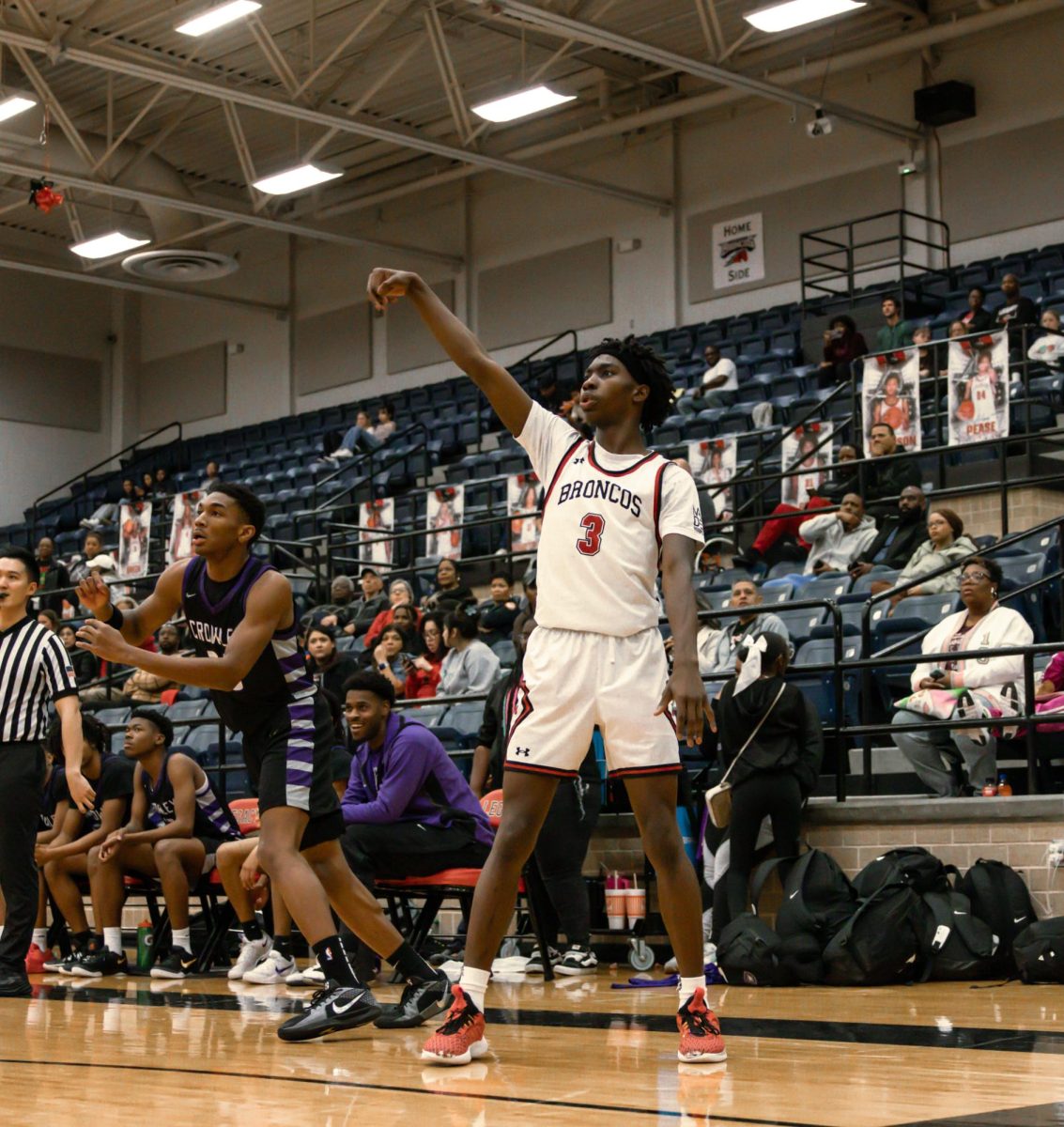Sitting on the couch after school, senior Hannah Matula stares absently at the TV watching Jersey Shore. Ever since the show first premiered on MTV, the cast has gathered widespread popularity among teens across the nation.
With the advent of modern technology, namely the TV and MP3 players, the ability of celebrities to influence teenagers has increased dramatically over the years. Some teenagers are more aware of celebrity influence and don’t let it change them completely.
“Most people know I like Nicki Minaj, but I don’t want to be her,” Matula said. “No matter what I’m always myself.”
A small-scale study conducted by an SMU undergraduate determined the influence of an icon can have indefinite positive or negative effects and vary from person to person. If a celebrity uses drugs or lives a promiscuous lifestyle, then teenagers may emulate the celebrity, even unknowingly, potentially leading to future substance abuse, early sexual activity or general misconduct and lawbreaking. Senior Molli Burton sees both the benefits and harmful effects of celebrity influence on teenagers.
“When someone idolizes a celebrity they tend to follow their lead and look up to them as a role model,” Burton said. “This is great if their role model is positive and influential; however this is not so good if their role model is promoting drug use or leading them down the wrong path in life.”
With Facebook and other social media accessible to teens all over the world, students can get exposure to famous celebrities almost anywhere. Celebrities post statuses, updates and Tweets daily, some of them generating public backlash. The Internet makes every action a permanent one; posts circulate indefinitely. Anyone can view it anytime, no matter how inappropriate.
“Technology has affected the ability of a celebrity to influence teenagers because with the press of a button, everyone in the world can see what he or she just said or did,” Matula said. “It broadens their fan bases across the globe.”
Celebrity icons can even alter a person’s sense of self image. Eighty percent of women who participated in a People magazine study admitted seeing certain images of women in movies and TV made them feel more insecure about themselves. Celebrities can often give a sense of image vastly different from the average woman, which can lead to self-loathing and low self-esteem for men and women alike. Psychiatrist Jenny Peloquen says the reasons for students’ conformity stems from a desire to shape their personality and become an individual.
“Teens are at an age of individuation from their parents, so being accepted and ‘fitting in with the crowd’ is very important to most,” Dr. Peloquen said. “Of course, charisma and popularity of the celebrity among the teen’s peer group, as well attractive looks, play a key role in magnifying the influence and appeal of celebrities.”
As teenagers continue to develop mentally, the lasting imprint of celebrity icons will show more clearly. No matter a person’s resilience, celebrities influence everyone, either directly or indirectly, through the way they act, the songs they sing, the movies they play in or the clothes they wear – everything they do trickles down to the remainder of society, inevitably affecting everyone.
“Celebrities have a big impact on teenagers considering most of us have dreams similar to what they have achieved in some way or another,” Matula said. “We see them all over the media, and it’s hard not to envy the success they have reached.”

















